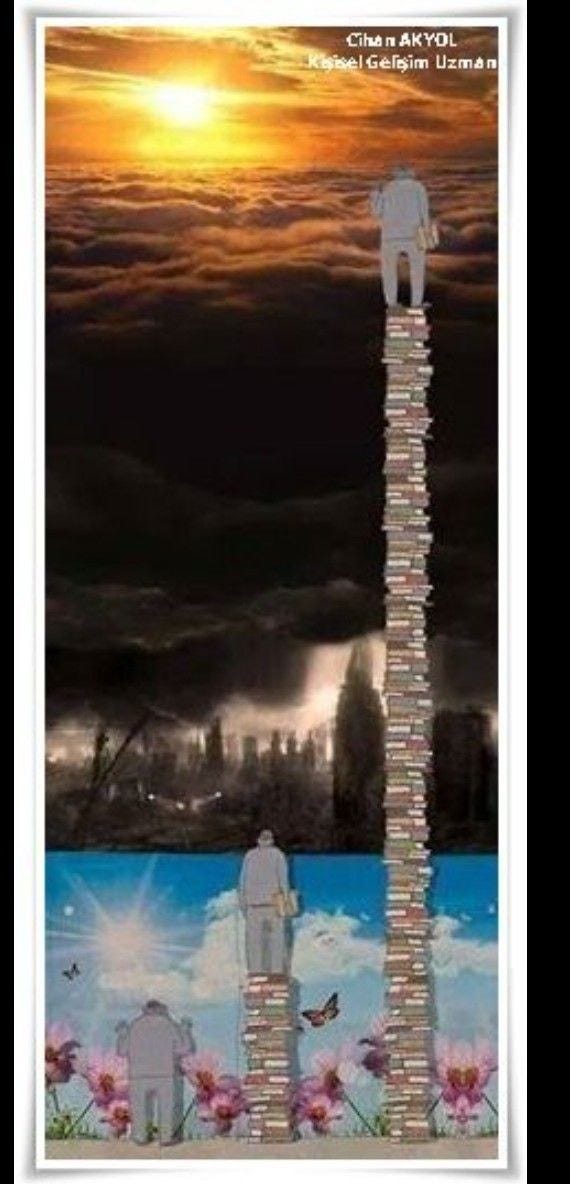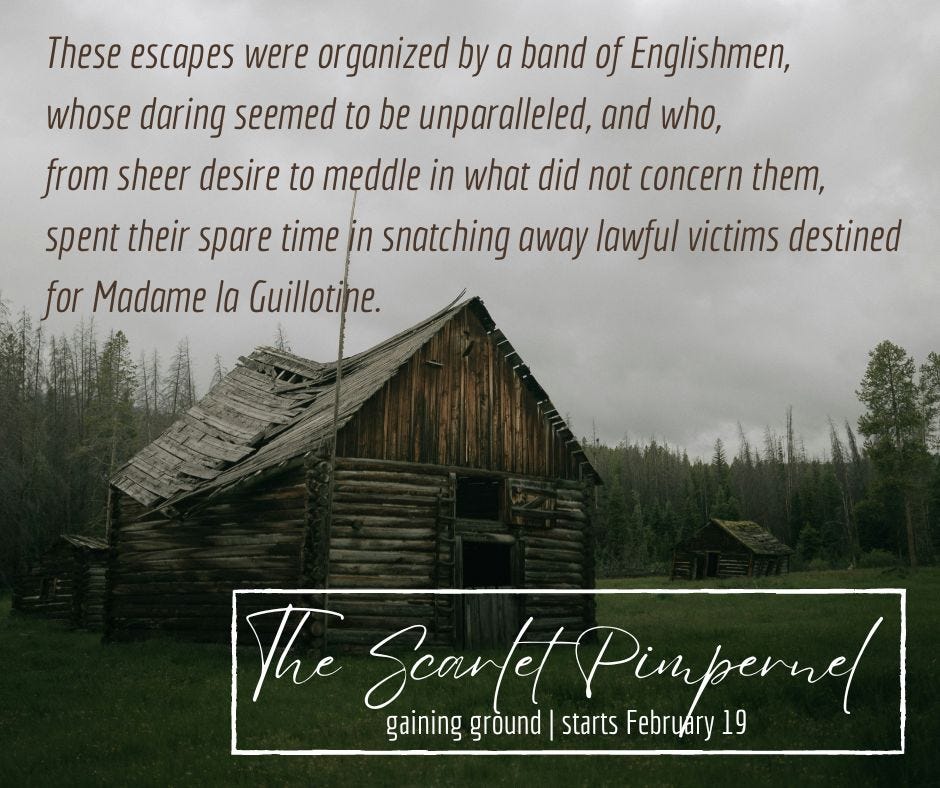I'm pretty bare-bones and minimal about most things, but I'm not ashamed of possessing a library's worth of books in our house. We have way more books than I'll probably be able to read in my lifetime.
They're not all for me; mostly we've ordered them for (and through) our homeschool. We have a lot of kids in a wide span of ages, and we've been ordering books ahead of their level for years...for almost twenty years, because that's how long we've been homeschooling. We use lists we've grown to trust, like the ones available at AmblesideOnline, and we've always had the attitude that when they're older, our kids will be interested in bigger subjects and authors than they're ready for now. And when the time comes, we want those books available in print.
I mean, maybe that's unreasonable or overly enthusiastic, because it's not like we've seen egregious censorship or classic lit targeted for banning or certain books being made unavailable or history being re-written for particular agendas...ahem...it's just always seemed like a good idea to be on the safe side, and have more printed books on hand. Because of this, one friend has dubbed us "homeschool preppers." And I'm okay with that, too.
So quite often, I'll read an article that refers to books I’ve never read before but actually have sitting on a shelf somewhere. And I'll think, I should go grab those. Maybe if I read one, I'd feel like I was really getting somewhere. But I always have a stack of ten or eleven books I’m already in the middle of, and it takes some discipline to remind myself that I am getting somewhere in those books already. One page at a time. It's slow, but it's progress.
But somehow it seems like other people's bookish accomplishments are faster than ours, as though they didn't also have to slog through boring parts, or lose a week from books being unknowingly buried under couch cushions. Maybe they don't have to fight for each paragraph like you do, between feeding spoonfuls of warm cereal to the toddler and breaking up arguments between the older kids. We read the accomplishments of others and think, Wow, they make it look so easy. What am I doing wrong?
But we're not doing anything wrong. We're doing life; we're living what all those pages talk about. Sometimes we need to be reminded, because our bookish ambitions can be absurdly unrealistic.
For example, the last time I took a (loooong) bath, I took four books with me, and then grabbed one more on the way because it was next to the bed. But after two hours (I told you, it's a long bath) I'd cracked open only two of them. Why did I think I could read out of five different books in two hours? Because delusions, that's why. But also, partly, it's because thoughts kept coming to me as I was reading, and I had to stop to write notes down.
And did those thoughts go anywhere? I don't know yet; I'm still writing this post.
Here's something we were talking about in our group a few weeks ago:
This bookishly ambitious image sparked all kinds of serious discussion: We have three levels that seem to illustrate, in order...
Ignorance is bliss.
A little knowledge is a dangerous thing.
"It is the glory of God to conceal a matter, but the glory of kings to search it out" (Proverbs 25:2).
Does knowledge elevate us above both ignorance and the harshness of reality? Maybe we need more than knowledge, because knowledge puffs up, but love builds up. We see plenty of puffing in arrogant intellectualism (just ask about our last trip to a medical office).
So we keep reading and building our stack higher out of love, not pride, and we pray for others who love knowledge to be kept humble-hearted in their pursuits, too. With this approach, we know that all truth is God's truth and the heavens declare the glory of God, and also, of course, this from Romans 1:20:
“For his invisible attributes, namely, his eternal power and divine nature, have been clearly perceived, ever since the creation of the world, in the things that have been made. So they are without excuse.”
...which, taken all together, mean that the more we learn, the more we see Him and gain wisdom. It cannot be about ourselves; it has to be for the Kingdom or we will lose balance and miss the point entirely.
"The moment men begin to care more for education than for religion they begin to care more for ambition than for education. It is no longer a world in which the souls of all are equal before heaven, but a world in which the mind of each is bent on achieving unequal advantage over the other."
— G. K. Chesterton, as quoted in this great post by my friend Katie
But balanced with humility and Kingdom-mindedness, our reading is a rising tide that lifts all boats.
One thing that helps keep us humble is reading books over our heads. And that brings me back to Lilith, which we're alllllmost done with.
Even though this is the second time I've read it, I've had to keep reminding myself that I don’t need to understand it all, all the time.
“Enigma treading on enigma!” I exclaimed. “I did not come here to be asked riddles!”
“No; but you came, and found the riddles waiting for you! Indeed you are yourself the only riddle. What you call riddles are truths, and seem riddles because you are not true.”
– George MacDonald, from Lilith, chapter 9, “I Repent”
It's a weird book – fairy tale, fantasy, philosophy, and faith all in one, wrapped in allegory and allusions that I only sometimes pick up on. But if I can suspend my need for everything to make sense immediately, it makes more sense later, like when Mr. Raven corrects Mr. Vane, or when Mara brings clarity here when she illustrates how we must surrender to win:
"...there is a light that goes deeper than the will, a light that lights up the darkness behind it: that light can change your will, can make it truly yours and not another’s – not the Shadow's. Into the created can pour itself the creating will, and so redeem it!”
"I am no slave, for I love that light, and will with the deeper will which created mine. There is no slave but the creature that wills against its creator."
– Chapter 39, “That Night”
The stack of books we read – as we are lead by God and humbly pursuing His purposes and not our own egos – pours light into not just ourselves but overflows into the culture around us. It is the glory of kings to learn more, go higher, and tell others about the light we see.
P.S. We’re starting The Scarlet Pimpernel by Emma Orczy next week. It is fun, adventurous, surprising...and it's also about the French Revolution, making it a good chaser to A Tale Of Two Cities, which we finished a couple months ago. You can find it at Thriftbooks, in free audio at Librivox, or online for free at Gutenberg, and you’re welcome to join us in our group at Telegram to chat all about it.







